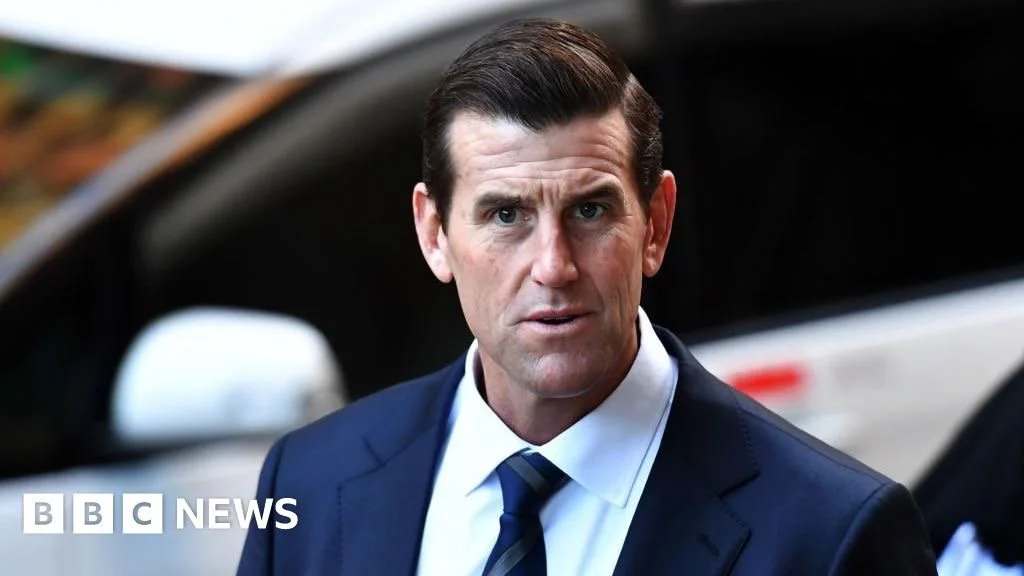A QUESTION OF HONOUR ...
The long-running travails of former SAS operator Ben Roberts-Smith VC took another turn last Friday when the Federal Court rejected his attempt to overturn an earlier judgement that found he had committed war crimes in Afghanistan.
The original decision came after Roberts-Smith sued a group of media outlets and journalists for defamation in 2018. That trial ran for 110 days, saw 42 witnesses and cost an estimated $30 million.
At its conclusion, in 2023, Federal Court Judge Anthony Besanko found that, while Roberts-Smith had been defamed, most of the implications “were substantially true” and that the respondents to his defamation suit had proved “to the requisite standard that (Roberts-Smith) had committed, or was complicit in and responsible for murder, on three different missions”.
Roberts-Smith appealed that decision in a hearing that ran for ten days in February 2024. He has been waiting since then for Friday’s verdict.
The Full Bench of the Federal Court (Justices Nye Perram, Anna Katzmann and Geoffrey Kennett) rejected Roberts-Smith’s appeal, saying:
“Having carefully considered all these matters, we are unanimously of the opinion that the evidence was sufficiently cogent to support the findings that the appellant murdered four Afghan men and to the extent that we have discerned error in the reasons of the primary judge, the errors were inconsequential. Accordingly, the appeal must be dismissed with costs.”
For his part, Roberts-Smith continues to maintain his innocence and immediately announced he would take the final appeals step available to him, in the High Court.
Even a man who has been tested to superhuman lengths in training and battle must have his limits. It’s hard to imagine the impact of the prolonged strain he has endured this past decade or so.
The case has descended into a tragedy of Shakespearean proportions: shaking Australia’s military to its core and casting a shadow over the time-honoured system that has determined our highest award for valour under fire, the Victoria Cross.
I have been interviewing our veterans for more than fifty years. In that time, dozens of Diggers (mainly WWII veterans) have told me of actions they witnessed that they believed should have been recognised by the award of a VC.
But in all that time, over many hundreds of interviews, never have I heard serious doubt cast at individuals who had been awarded the medal … until Ben Roberts-Smith.
It was a group of Roberts-Smith’s former SAS comrades who blew the whistle on him.
His supporters vehemently claim these men were motivated by jealousy and spite and they manufactured their evidence. Others praise them for their moral (and physical) courage in standing up for what they believed was true and for the honour of their storied regiment and for the hard-earned reputation of Australia’s military that has been built over more than a century.
It's now nine years since Major-General Paul Brereton began investigating claims of misconduct by Australian forces in Afghanistan and five years since he handed down his report that concluded there was credible evidence that 25 Australian SAS operators were responsible for the unlawful killing of 39 Afghans.
This week there have been suggestions that Australia’s richest woman, Gina Rinehart, has been underwriting Roberts-Smith’s latest legal action. She has remained mute on that but has publicly supported him, saying:
“The relentless attack on Ben Roberts-Smith hasn’t made the country better, as some journalists like to imply, it’s just weakened our Defence Force already struggling with inadequate numbers to defend us.
Many patriotic Australians query, is it fair that this brave and patriotic man who risked his life on overseas missions which he was sent on by our government, is under such attack.”
Strange how often the word patriotic is invoked these days (yet another adoption of the American right’s approach when their views are challenged).
The reality is that it was Ben Roberts-Smith who initiated the defamation case against the media.
We were not there to witness the events in question in Afghanistan. We do not know the facts. We must rely on the courts.
